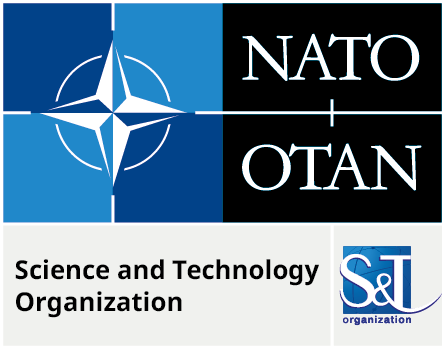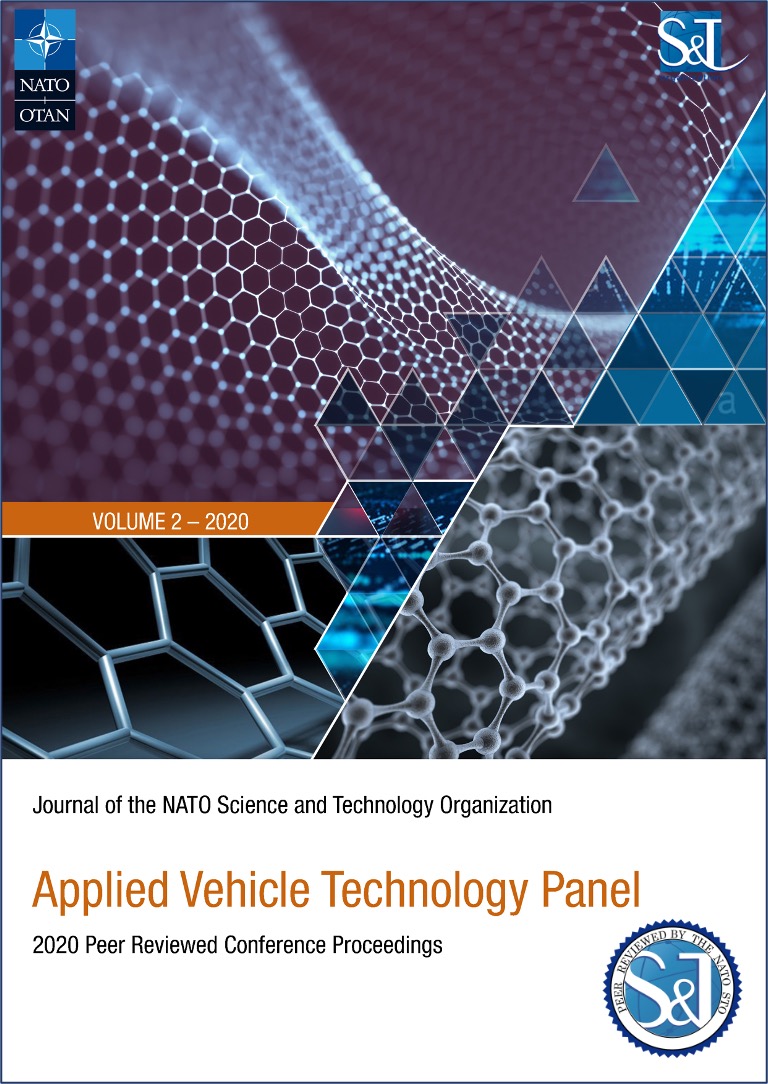FOREWORD
This first peer reviewed Journal of the NATO Science and Technology Organization, devoted to the topic of the Graphene research and development applications in defence, is a small sample of the intellectual strength and knowledge drawn from the NATO Collaborative S&T community. That community has been active and developing within NATO for more than 70 years, supporting NATO and the Nations in the field of Defence and Security R&D.
NATO and Nations are currently concerned about the revolutionary and rapid scientific discoveries within the civilian sphere, with the understanding that most of those discoveries will have a dual use. The most important new discoveries have been framed by NATO as Emerging Disruptive Technologies, highlighting the fact that they might have a game-changing impact on the future of warfighting and on the balance of military power.
The Graphene technologies highlighted here can be categorized within the New Materials discoveries and application EDTs framework. With this introductory volume of the NATO STO Journal, our goal is to share selected knowledge from the expert community to promote further research and development and to highlight graphene’s future impact on our defence, security, deterrence, and crisis management.
Dr Pavel Zůna
Director
NATO STO Collaboration Support Office
EDITORIAL TEAM FOR THIS ISSUE
Editor
Prof Dr David Lecompte
Associate Editor
Dr Steven Savage
Editorial Team
Dr Tom Thorvaldsen; Mr Christoph Müller; Mr Donatas Rondomanskas
Yet another journal?
While I am extremely honored to welcome you to this first edition of the Peer-Reviewed Proceedings of the Applied Vehicle Technology Panel, I cannot avoid imagining that the above mentioned question is gently wandering through your mind. If so, then please allow me to explain why we still consider the founding of this new journal to be a sensible and timely idea.
The Applied Vehicle Technology (AVT) Panel is one of the seven Panels within the NATO Science & Technology Organization (STO) with the mission to improve the performance, affordability and safety of vehicle, platform, propulsion and power systems operating in all environments. The focus lies on three main broad technology areas, each with their proper fields of interest: Mechanical Systems, Structures and Materials; Performance, Stability & Control and Fluid Physics; Propulsion and Power Systems. It is worthwhile mentioning that the vast NATO STO network comprises more than 5,000 scientists, engineers and research managers from governmental organizations, industry, research establishments and academia within each of the 30 NATO member states and its partner nations. They, together with their peers, are considered to be potential contributors to the present journal.
Times have changed in the world of scientific research and publishing. Researchers, now more than ever, build their careers on their numbers of indexed publications and citations. They live by their H-index, which needs to be put into perspective, but which also provides, in most scientific research domains, a worldwide accepted metric for the scientific relevance of the author. The rise of the H-index has led to a fundamental change in the way in which scientific deliverables and publications are perceived and evaluated. This evolution that has taken place over the last few decades and all of the players in the broad domain of scientific research need to adapt to it, for better or for worse. Publish or perish is now more than ever the daily tune of each and every researcher.
AGARD1, the AVT Panel’s predecessor, existed in different times when it was enough to author or co-author a Technical Report or an “AGARDograph” to be scientifically credited for the work and time invested into the research. AGARD’s reputation at that time was undisputed. This has drastically changed, not because the quality of the work within the AVT Panel has decreased but because of the way in which scientific research and contributions are evaluated nowadays.
It is precisely because of the fact that the quality of the people, the researchers, their work, their papers, their contributions and presentations within the AVT Panel has not decreased that it’s time for the AVT Panel to take action, adapt to the changing scientific world and capitalize on all of AVT’s scientific output. This is the reason why we are convinced it is the right moment for the AVT Panel, and by extension, the NATO STO to become the publisher of its own peer-reviewed journal(s). In the first place to create the opportunity for researchers to publish their peer-reviewed papers, presented during one of the yearly organized AVT Symposia, Specialists’ Meetings or Research Workshops. Naturally,it will attract young and new researchers by giving them the opportunity to publish their work in an independent NATO STO journal, which will be indexed in the different international citation databases of interest.
Indexing makes the peer-reviewed papers citable and we all know that nowadays a scientific paper is most valuable when it can be cited. The existence of a dedicated but broadly scoped AVT journal, independently published by the NATO STO, is in line with this reality.
A scientific journal aiming at the publication of the AVT Panel activity proceedings under the auspices of the NATO STO and with the desire to meet the highest achievable standards in scientific research and reporting, needs an unbiased, fair, constructive, critical and expert-based peer review process. Therefore, the newly established Scientific Committee will, together with the community of peers, be the gatekeeper of the scientific and academic excellence of selected AVT Event Activities and act as the scientific and academic advisory instrument to the Panel. The Program Committee of the Event Activity, which can be a symposium, a workshop or a specialist meeting, will together with the Scientific Committee decide whether or not to publish their proceedings and undergo the peer review process.
The AVT community is a highly professional and unique mix of military, industrial, academic and governmental members and contributors, all conducting and delivering high-level research at different Technological Readiness Levels with military relevance. Therefore, we are convinced that even in a crowded world of dedicated scientific specialty journals, an important role remains for a qualitative, broadly scoped and peer-reviewed scientific journal which is relevant for all actors within the world of industrial, academic and military research on vehicle, platform, propulsion and power systems.
Prof Dr David Lecompte
Chairman
Applied Vehicle Technology Panel


